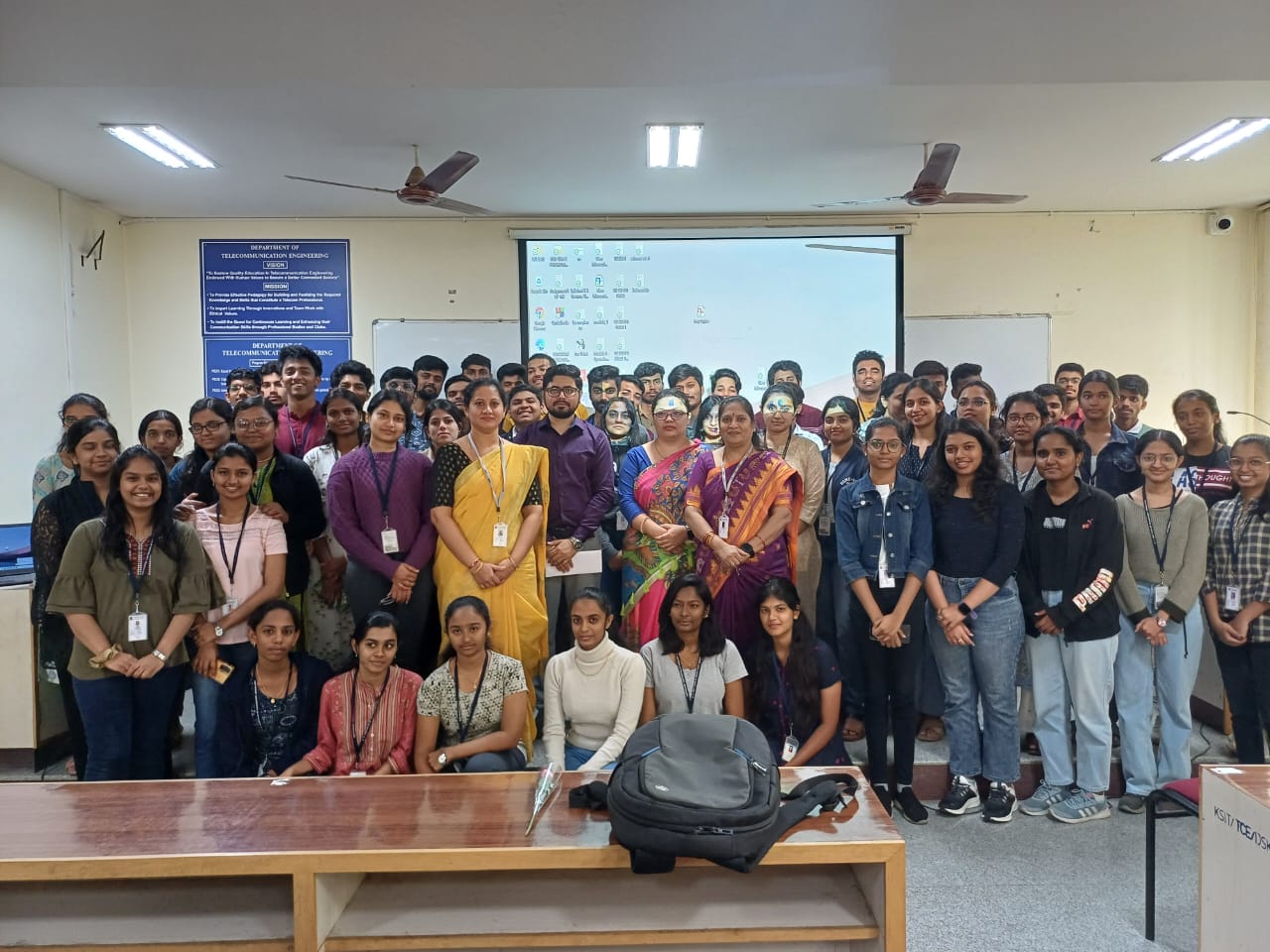
College Code
CET : E091
COMED-K : E068
Notification |
Online Fee PaymentKammavari Sangham (R) 1952, K.S.Group of Institutions
K. S. INSTITUTE OF TECHNOLOGY
No.14, Raghuvanahalli, Kanakapura Road, Bengaluru - 560109, 9900710055
Affiliated to VTU, Belagavi & Approved by AICTE, New Delhi, Accredited by NBA , NAAC & IEI
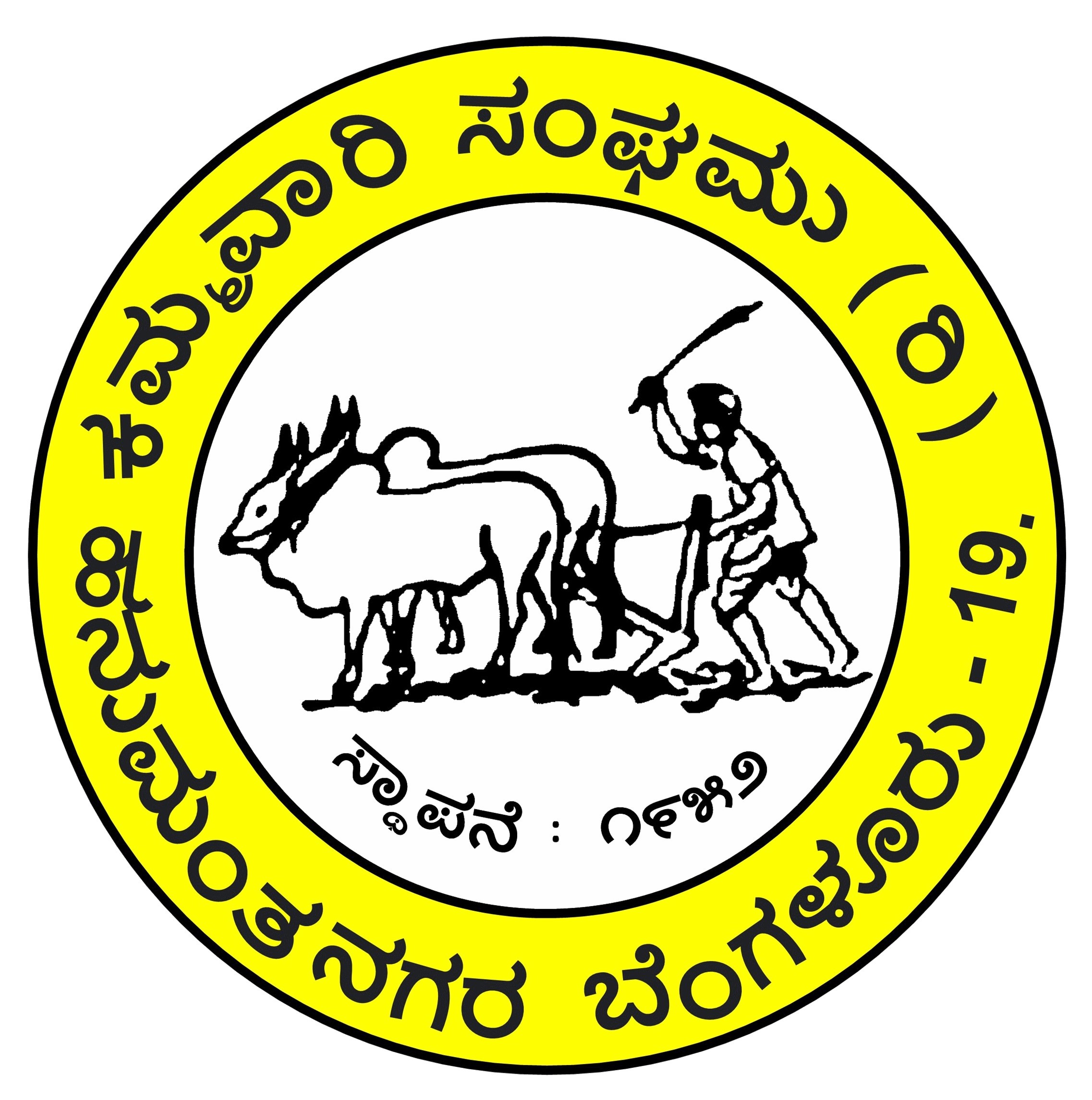

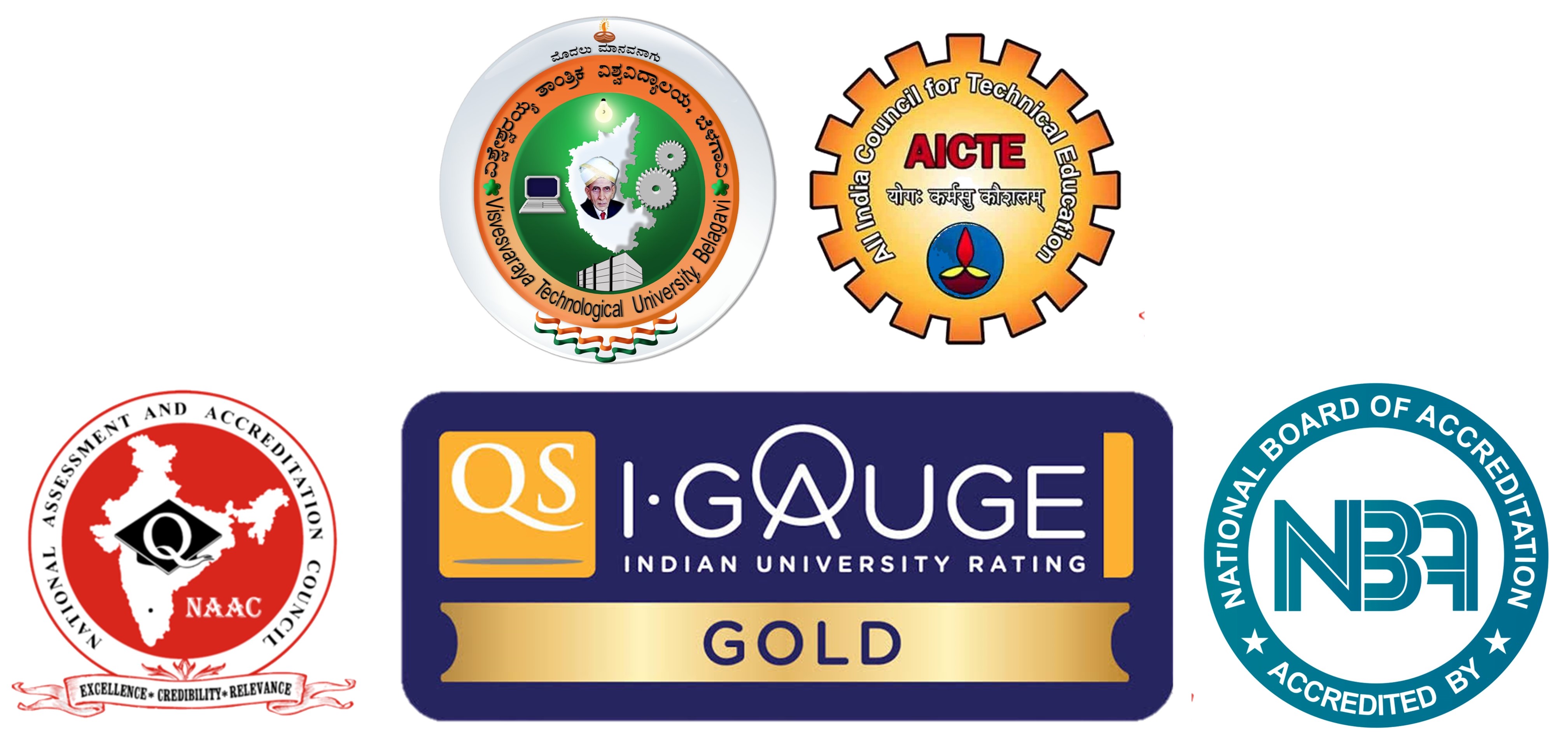
Announcement |
Artificial intelligence (AI) is wide-ranging branch of computer science concerned with building smart machines capable of performing tasks that typically require human intelligence. Machine learning focuses on the development of computer programs that can access data and use it learn for themselves.
Department of Artificial Intelligence & Machine Learning (AIML) is established in the year 2020-2021 with an intake of 60 students. The Intake increased from 60 to 120 from 2024-25 academic year. Artificial intelligence (AI) is the emerging field of computer science and Engineering having an influence on conventional knowledge acquisition, processing, and inference. AI defines the world by building self-learning and decision-making machines learning through experience. AI is to build simulations of human intelligence on machines. In achieving Machine Intelligence, Machine Learning (ML) plays a vital role.
To emphasize on lifelong learning and applying knowledge on solving real world problems, we conduct various technical events like hackathons, coding competitions, training programs, workshops and seminars. For overall development the Department has many clubs to identify and promote the students skills.
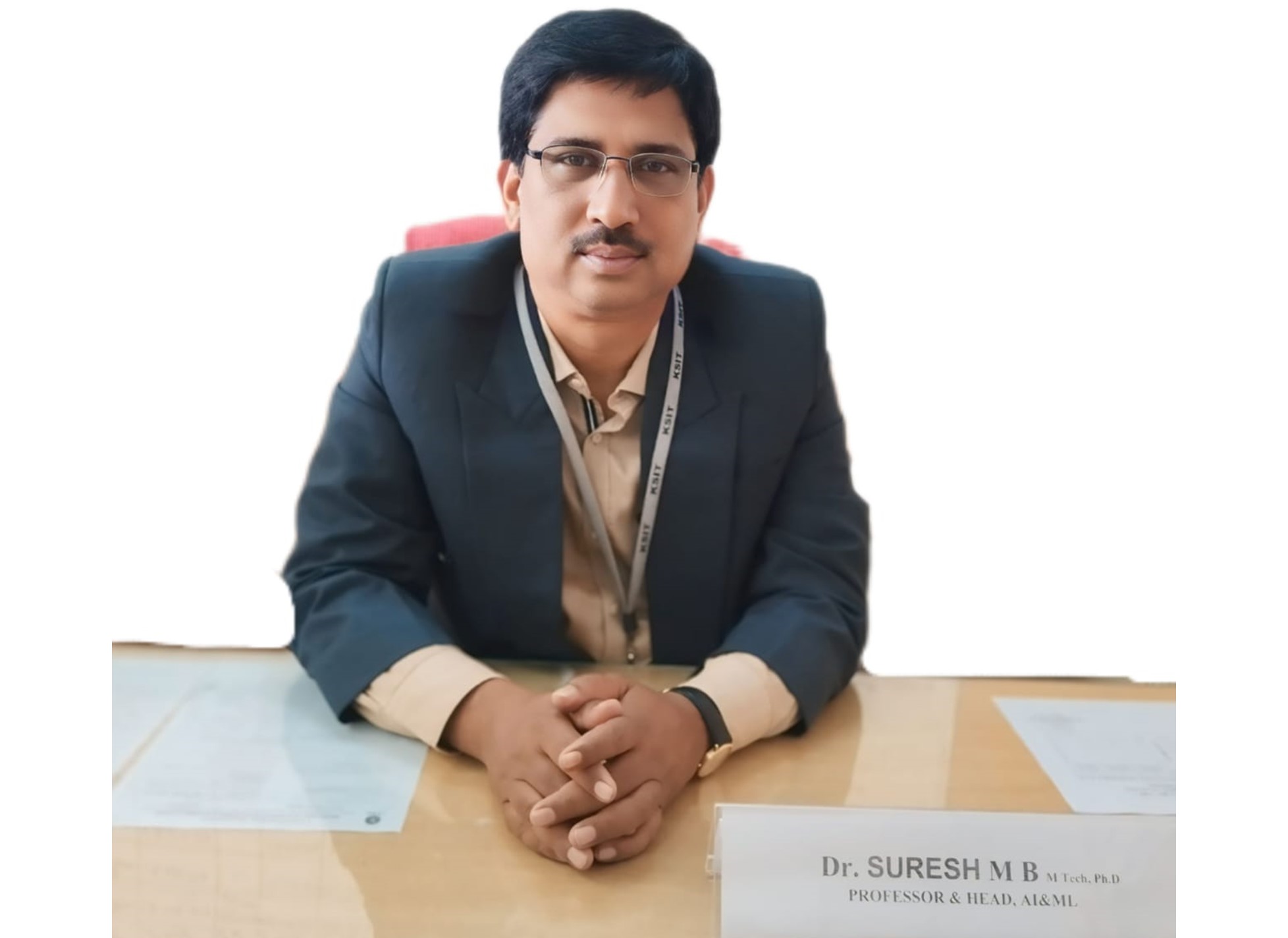
The AI & ML Department has good infrastructure with state-of-the-art laboratories, well-equipped classrooms, Digital department library with an adequate number of books, and high-speed Internet. To nourish the young minds Department has well-experienced and committed teaching and non-teaching staff members. Department supports students by providing all-around development and helps to build excellent academic tracks and to place in the renowned companies.
The Institution is accredited by National Assessment and Accreditation Council (NAAC). The department provides numerous opportunities to students to interact with Industry Professionals and increase their skills. This enables students to analyse real world problems and develop solutions for the same.
The campus placement is very good and many students are selected in good companies. To increase the opportunity of placements to students the Placement department conducts Training Programs, Aptitude Tests, mock Interviews, Group discussions, Communication & soft skills programmes regularly. The prime goal of the department is to produce highly resource full, knowledgeable and competent IT professionals with human values.
The Dept. encourages students to participate in intra and intercollege events and conducts technical and non- technical events to enhance their teamwork, leadership and event management skills. Active professional bodies like CSI, ISTE, IEI, and IEEE help to conduct FDPs and workshops for the faculties to comprehend and upgrade to the latest technologies.
Bachelor of Engineering (B.E.) in Artificial Intelligence and Machine Learning (AIML) with approved intake of 120 students and a lateral entry of 10% from 2nd year.
PEO1: Empower students to solve real life problems by utilizing state of the art technologies.
PEO2: Promote entrepreneurship among students, emphasizing on innovation by redefining the way of doing things, to facilitate better living in societies.
PEO3: Unleash and nurture the creativity of students for implementation of improved ideas, knowledge and practices
PSO1: Ability to apply the fundamental concepts of Artificial Intelligence and Machine Learning to design and develop solutions to multidisciplinary problems of social concern.
PSO2: Ability to use the inculcated experiential learning for research and development activities in compliance with National Education Policy.
PO1 : Engg Knowledge : Apply the knowledge of mathematics, science, engineering fundamentals, and engg. specialization to the solution of complex engineering problems.
PO2 : Problem Analysis : Identify, formulate, research literature, and analyze engineering problems to arrive at substantiated conclusions using first principles of mathematics, natural, and engineering sciences.
PO3 : Design/Development : Design solutions for complex engineering problems and design system components, processes to meet the specifications with consideration for the public health and safety, and the cultural, societal, and environmental considerations.
PO4 : Conduct Investigations : Use research-based knowledge including design of experiments, analysis and interpretation of data, and synthesis of the information to provide valid conclusions.
PO5 : Modern tool usage : Create, select, and apply appropriate techniques, resources, and modern engineering and IT tools including prediction and modeling to complex engineering activities with an understanding of the limitations.
PO6 : Engineer and Society : Create, select, and apply appropriate techniques, resources, and modern engineering and IT tools including prediction and modeling to complex engineering activities with an understanding of the limitations.
PO7 : Environment : Understand the impact of the professional engineering solutions in societal and environmental contexts, and demonstrate the knowledge of, and need for sustainable development .
PO8 : Ethics : Apply ethical principles and commit to professional ethics and responsibilities and norms of the engineering practice .
PO9 : Individual and team work : Function effectively as an individual, and as a member or leader in teams, and in multidisciplinary settings.
PO10 : Communication : Communicate effectively with the engineering community and with society at large. Be able to comprehend and write effective reports documentation. Make effective presentations, and give and receive clear instructions.
PO11 : Project Mgmt : Demonstrate knowledge and understanding of engineering and management principles and apply these to one's own work, as a member and leader in a team. Manage projects in multidisciplinary environments.
PO12 : Lifelong learning : Recognize the need for, and have the preparation and ability to engage in independent and life-long learning in the broadest context of technological change.
2023-24 VIII SEM TIME TABLE [download here]
2023-24 VII SEM TIME TABLE [download here]
2023-24 VI SEM TIME TABLE [download here]
2023-24 IV SEM TIME TABLE [download here]
2023-24 III SEM TIME TABLE [download here]
2023-24 VII SEM TIME TABLE [download here]
2022-23 III SEM TIME TABLE [download here]
2022-23 V SEM TIME TABLE [download here]
2021-22 III SEM TIME TABLE [download here]
2021-22 IV SEM TIME TABLE [download here]
VIII Third Internal Test Time Table [download here]
Second Internal Test Time Table 2023-24 V Sem [download here]
Second Internal Test Time Table 2023-24 III Sem [download here]
First Internal Test Time Table 2023-24 V Sem [download here]
First Internal Test Time Table 2023-24 IIISem [download here]
Third Internal Test Time Table 2023-24 VII Sem [download here]
Second Internal Test Time Table 2023-24 VII Sem [download here]
First Internal Test Time Table 2023-24 VII Sem [download here]
Third Internal Test Time Table 2022-23 V Sem [download here]
Third Internal Test Time Table 2021-22 IV Sem [download here]
Third Internal Test Time Table 2021-22 III Sem [download here]
Second Internal Test Time Table 2021-22 III Sem [download here]
VIII Third Internal Test Time Table [download here]
First Internal Test Time Table 2023-24 VII Sem [download here]
First Internal Test Time Table 2021-22 III Sem [download here]
DEPARTMENT CALENDAR OF EVENTS 2023-24 VIII SEM [download here]
CALENDAR OF EVENTS 2023-24 VII SEM [download here]
CALENDAR OF EVENTS 2023-24 VI SEM [download here]
DEPARTMENT CALENDAR OF EVENTS 2023-24 V SEM [download here]
DEPARTMENT CALENDAR OF EVENTS 2023-24 III SEM [download here]
DEPARTMENT CALENDAR OF EVENTS 2022-23 II SEM [download here]
DEPARTMENT CALENDAR OF EVENTS 2022-23 V SEM [download here]
INSTITUTE CALENDAR OF EVENTS 2022-23 III SEM [download here]
INSTITUTE CALENDAR OF EVENTS 2022-23 V SEM [download here]
INSTITUTE CALENDAR OF EVENTS 2021-22 IV SEM [download here]
INSTITUTE CALENDAR OF EVENTS 2021-22 III SEM [download here]
DEPARTMENT CALENDER OF EVENTS 2023-2024 [download here]
DEPARTMENT CALENDAR OF EVENTS 2023-2024 [download here]
22 Scheme & Syllabus [view here]
21 Scheme [view here]
21 Syllabus [view here]
18 Scheme and Syllabus [view here]
The main purpose of newsletter is to encourage students and faculties to involve themselves in overall development. Newsletter includes the vision-mission of college and department along with encouraging words from Principal & HOD.
News letter mainly projects the events conducted and attended by students & Staff. It also throws light on the latest technology and views of Alumni about the department.
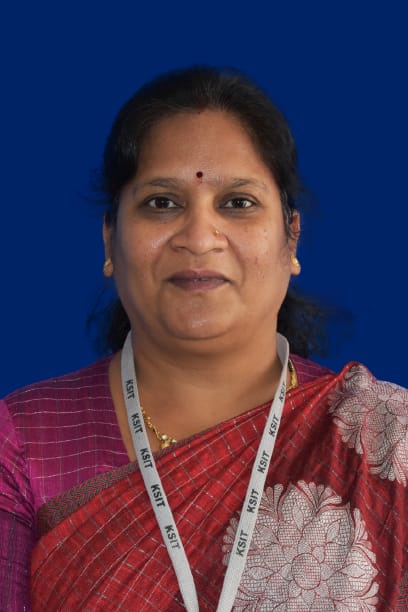
Dr. VIJAYALAXMI MEKALI
Professor & Head
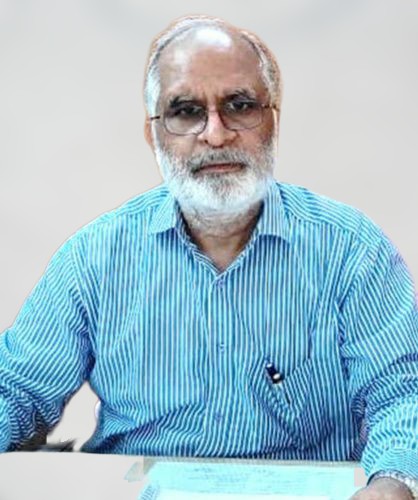
Dr. RAM P RUSTAGI
Professor
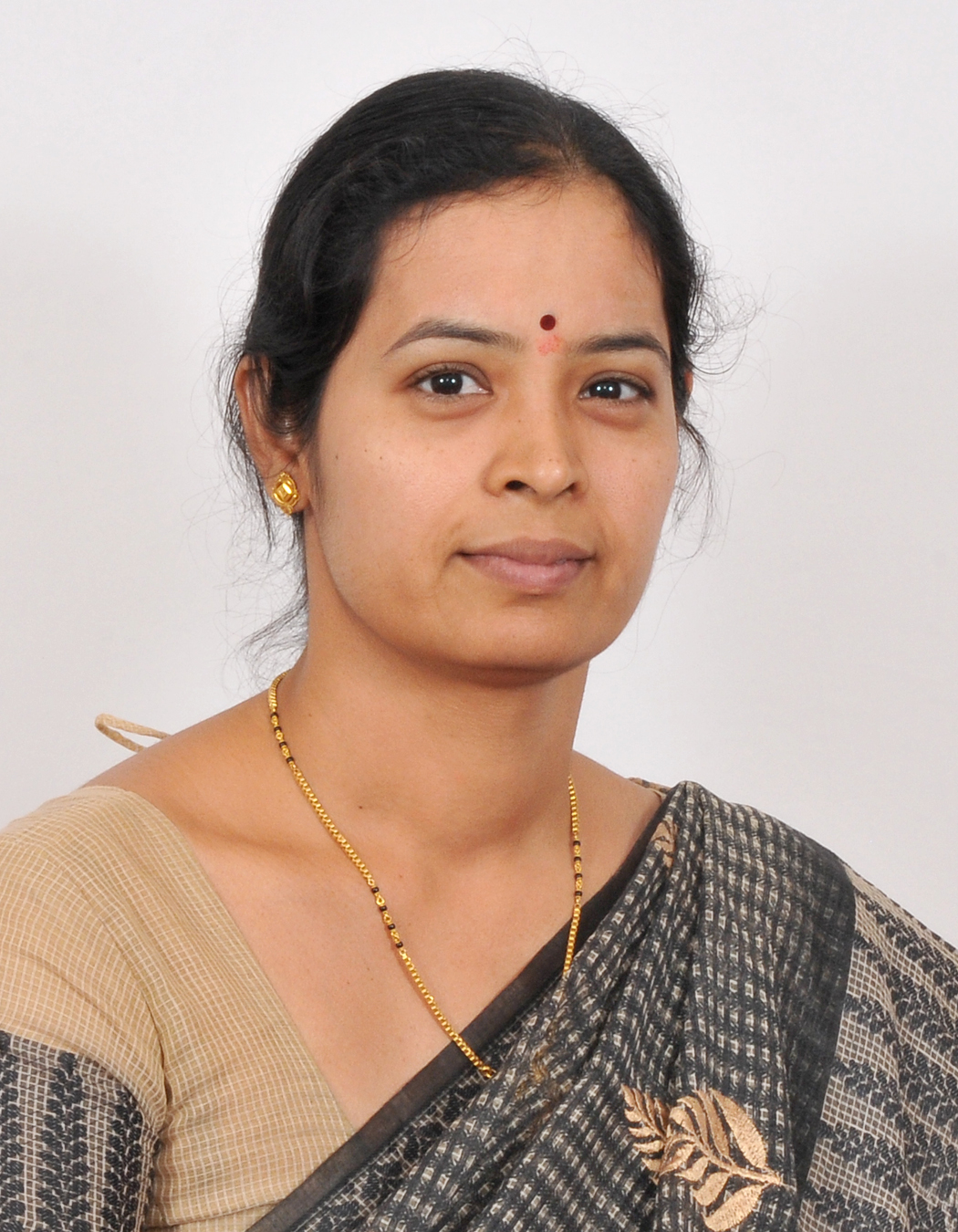
Prof. RENUKA PATIL
Associate Professor
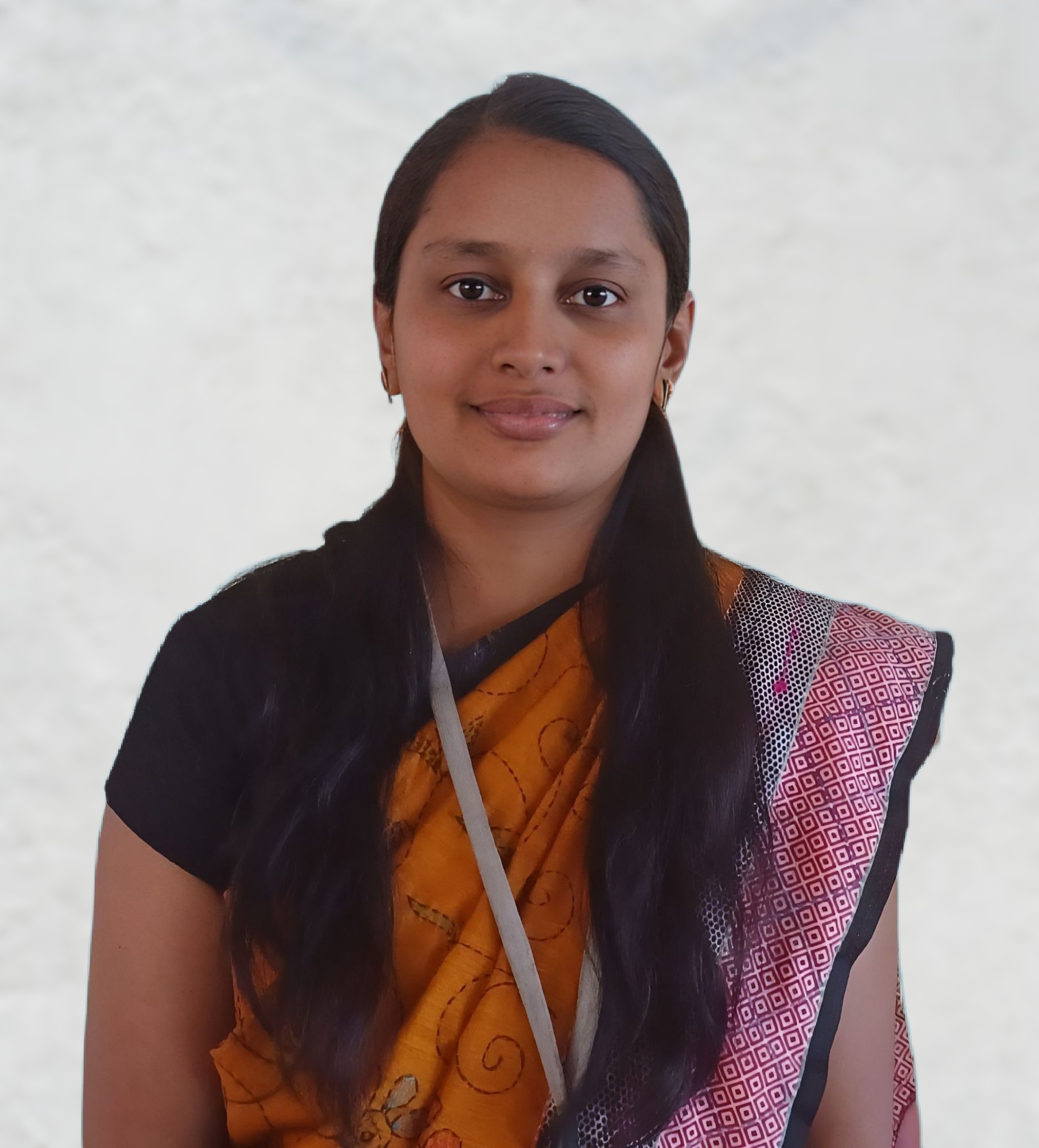
Prof. LAKSHMI K K
Assistant Professor
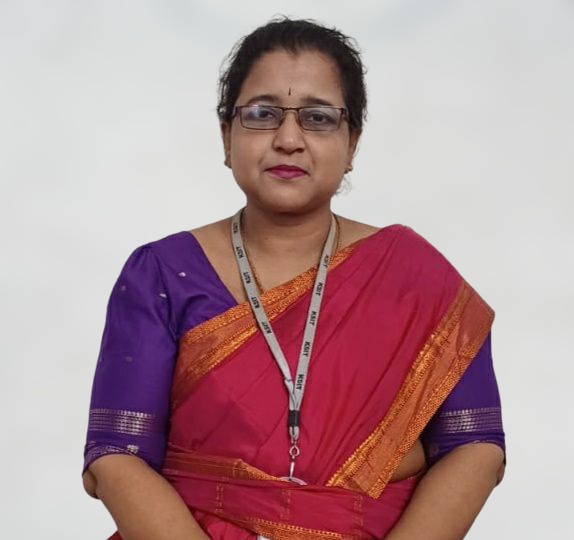
Prof. ROOPA K MURTHY
Assistant Professor
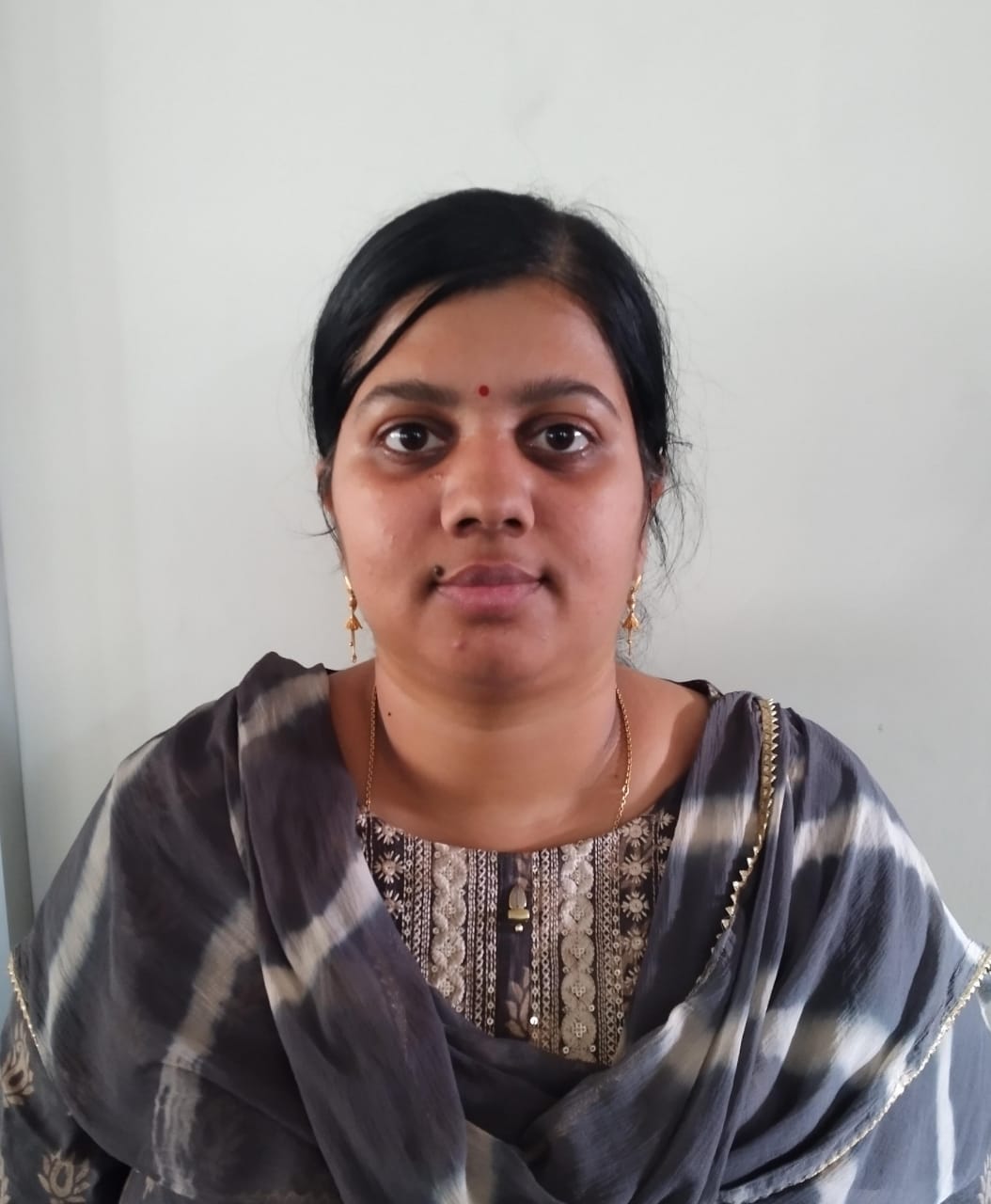
Prof. PREETHA KAMATH B
Assistant Professor
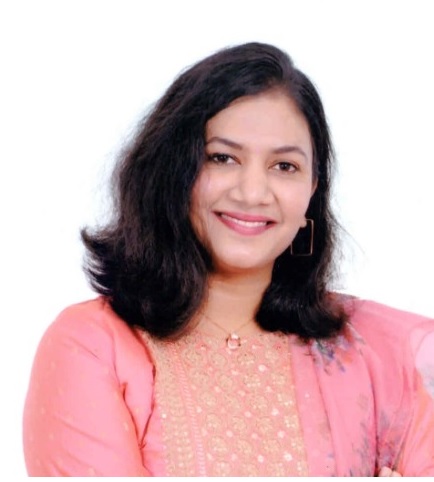
Poornima H N
Asst. Professor
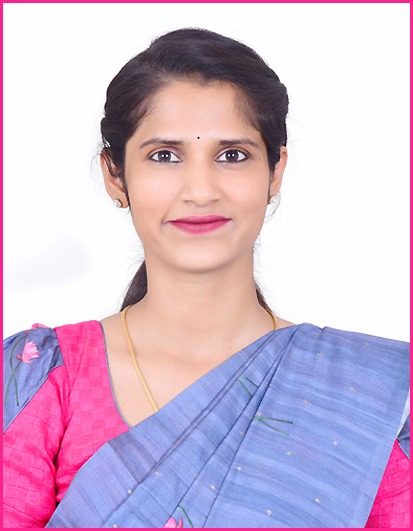
Prof. SUDHA M
Asst. Professor
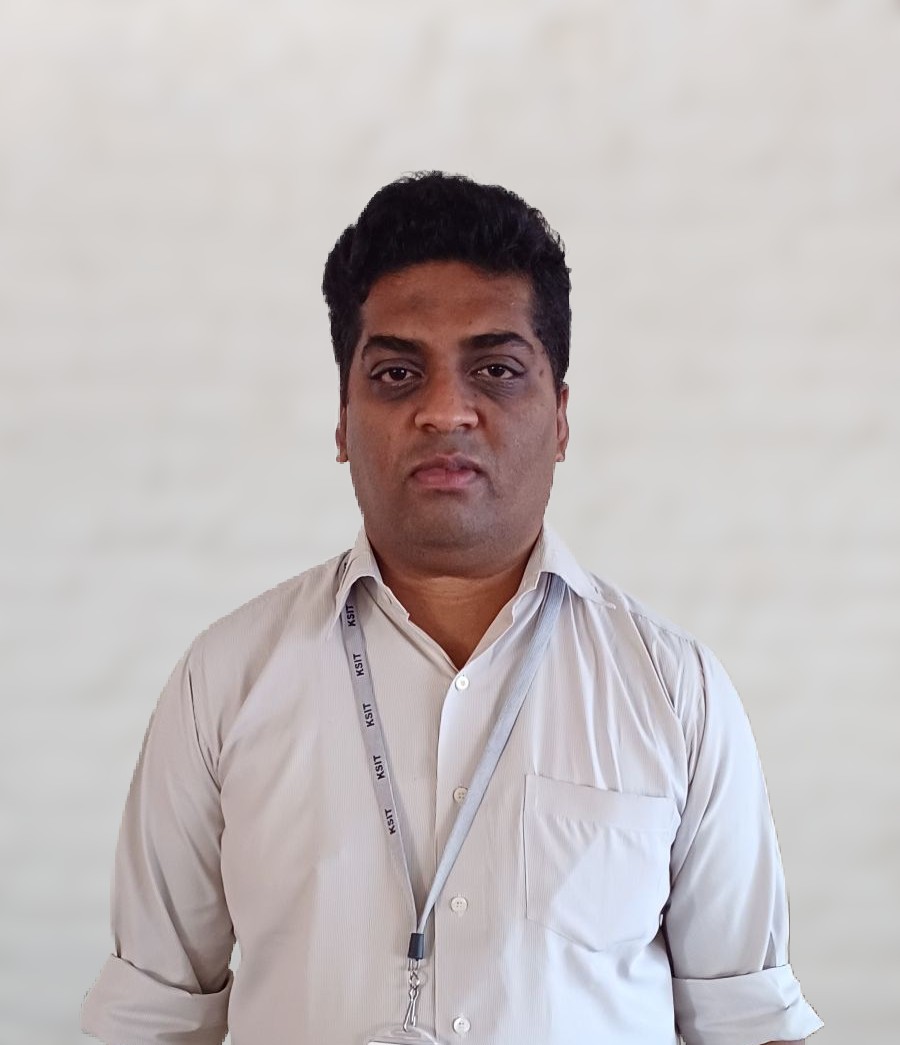
Ganesh ML
Lab Instructor
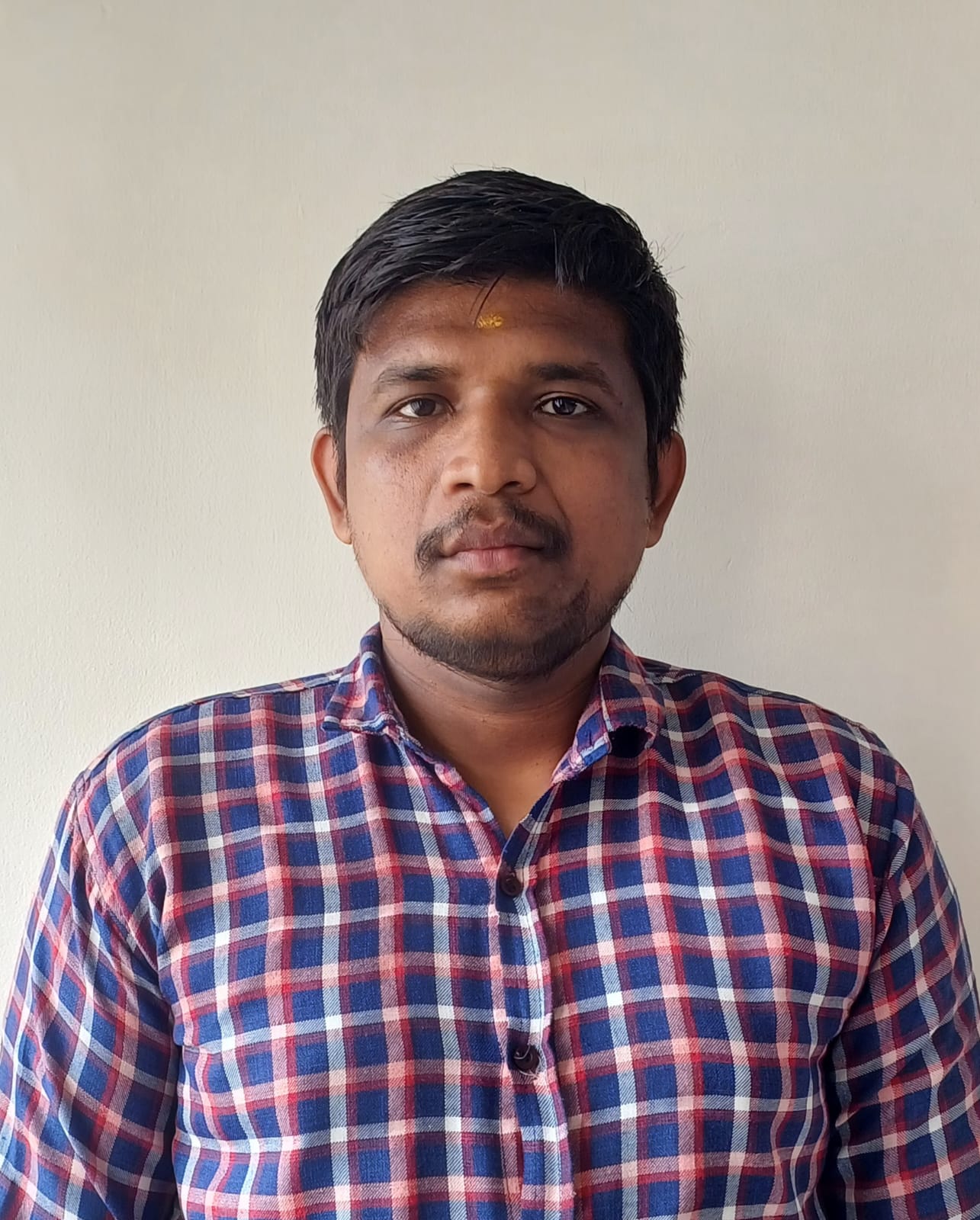
CHETAN KANNUR
LAB INSTRUCTOR
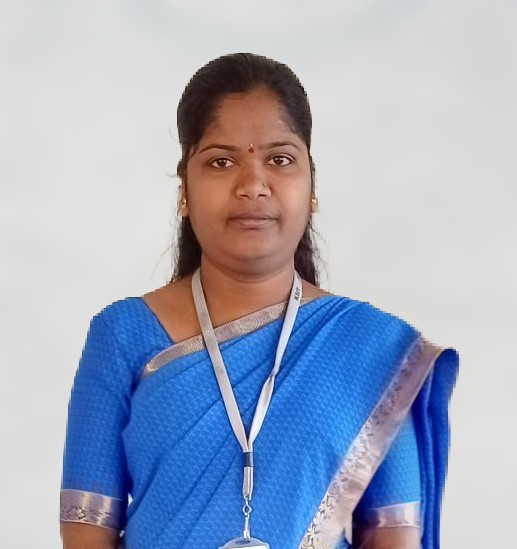
LAKSHMI
Lab Instructor
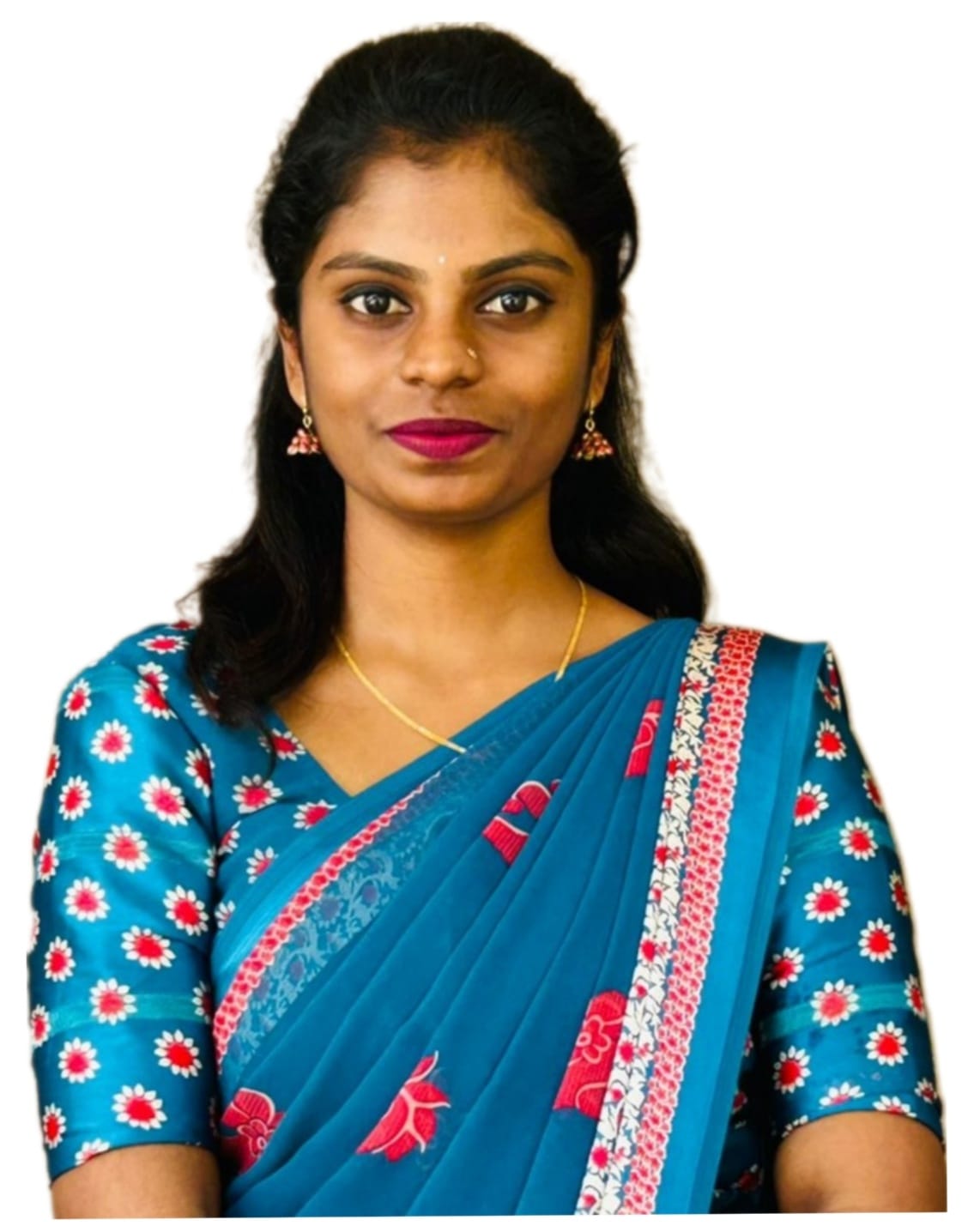
Rakshitha B D
Office Assistant
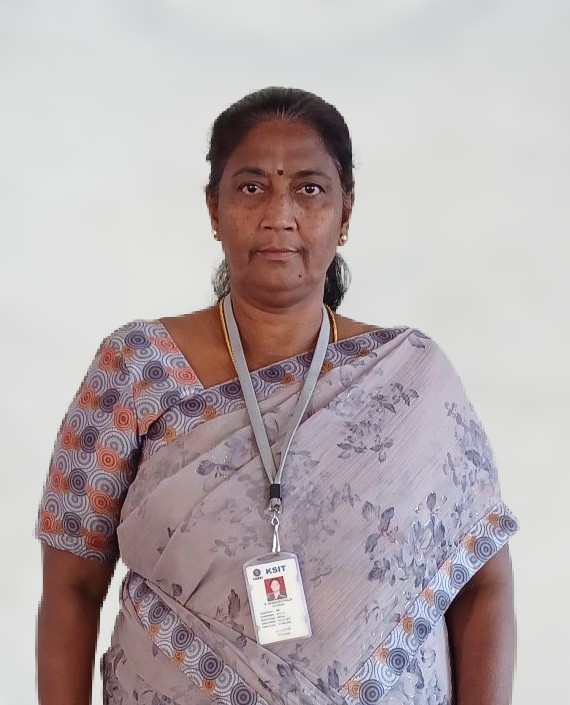
SHAKUNTALA V
Attender
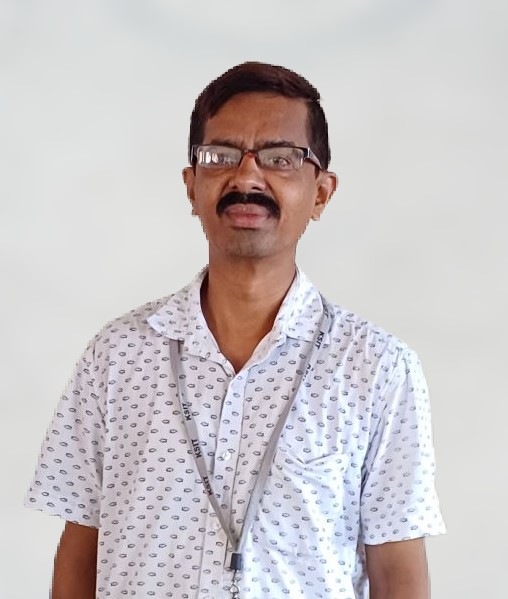
GANESH HOLLA
Attender
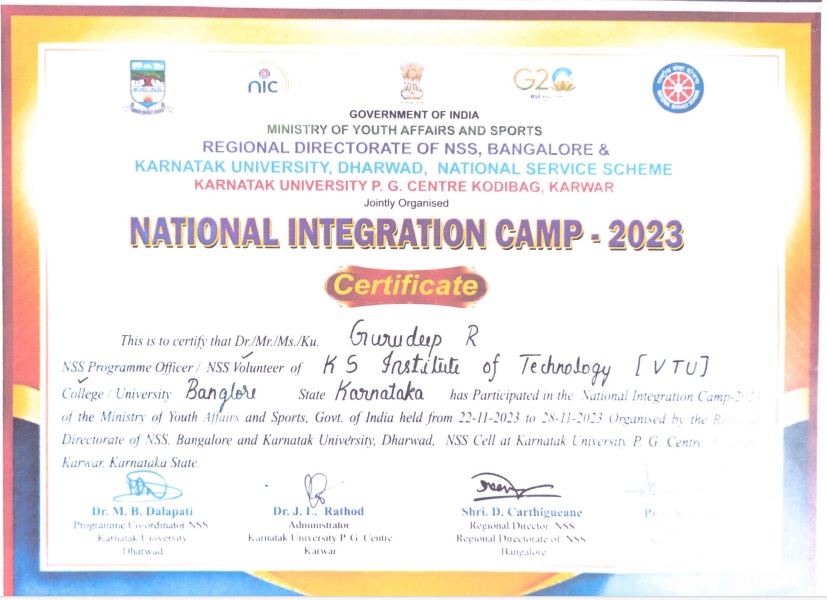
2024-11-28
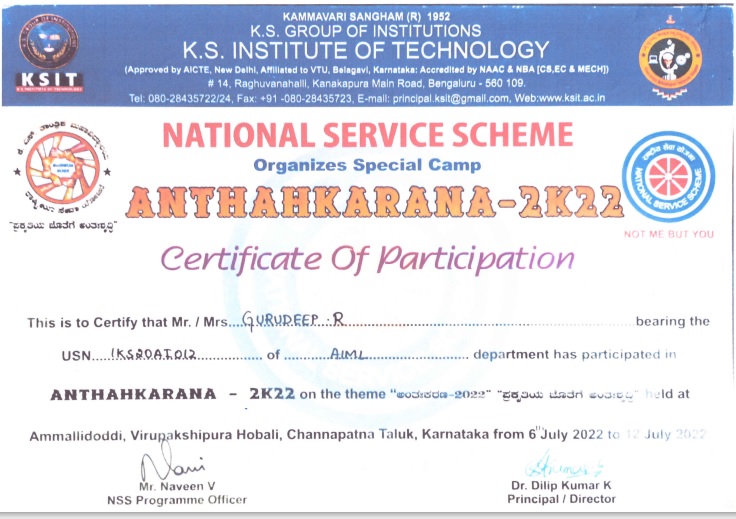
2022-07-12
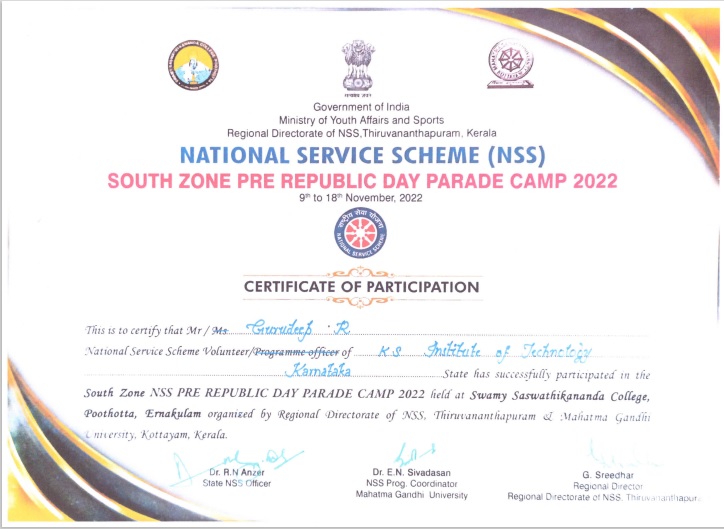
2022-11-18
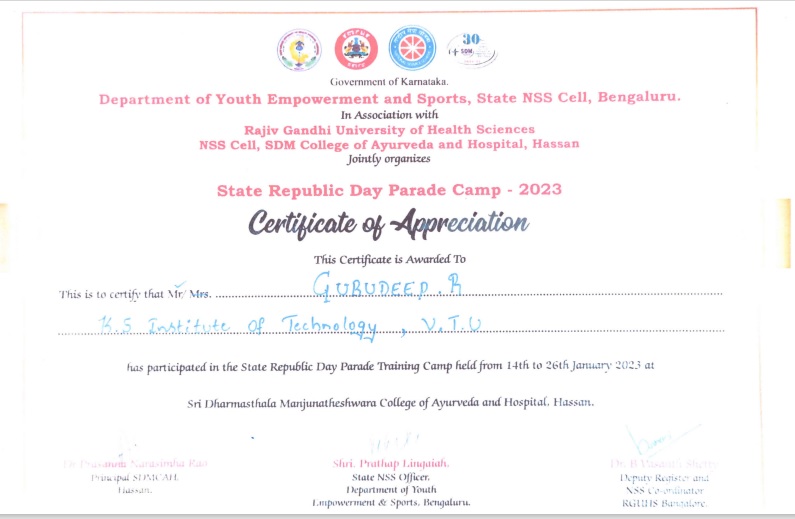
2023-01-26
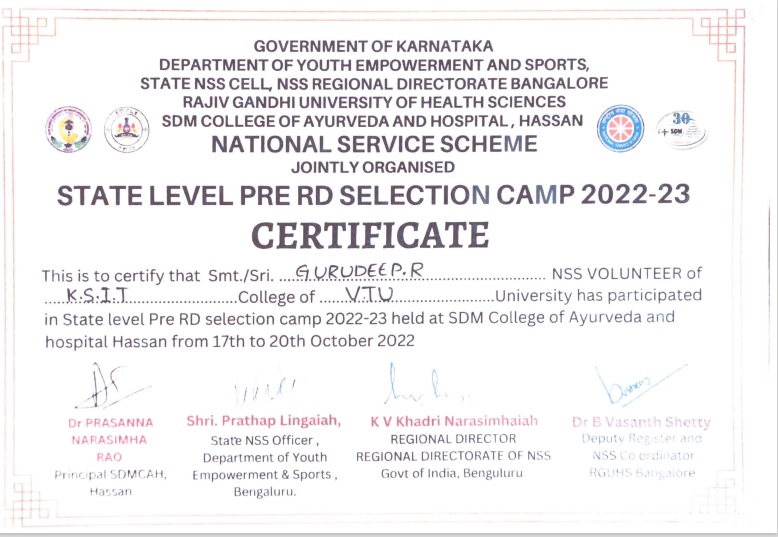
2022-10-20
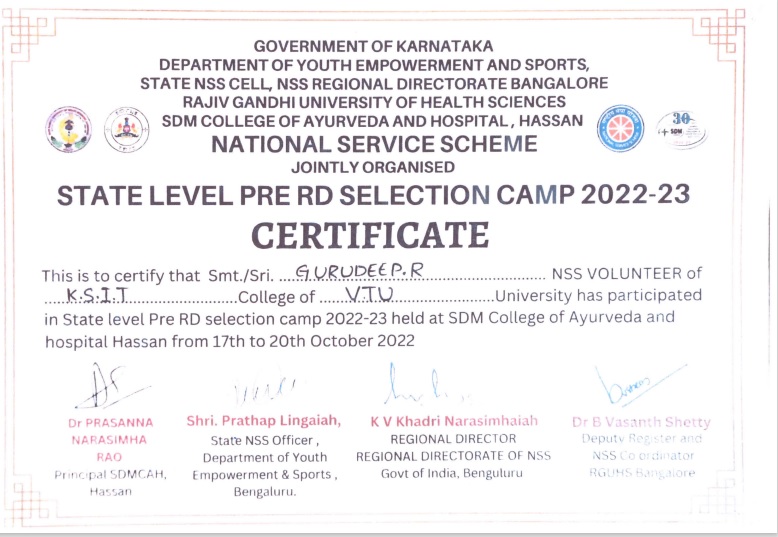
2022-10-20
FCD LIST_VI Semester_2022 [View here]
FCD LIST_IV Semester_2022 [View here]
FCD LIST_V Semester_2022 [View here]
FCD LIST_III Semester_2022 [View here]
FCD LIST_III Semester_2021 [View here]
FCD LIST_IVSemester_2021 [View here]
Artificial Intelligence and Machine Learning Department has fully furnished State of Art laboratories. All laboratories are well-equipped to run the academic laboratories courses. Highly experienced Technical staff are available in all the laboratories to assist the students to carry out their lab sessions.
The Department has :
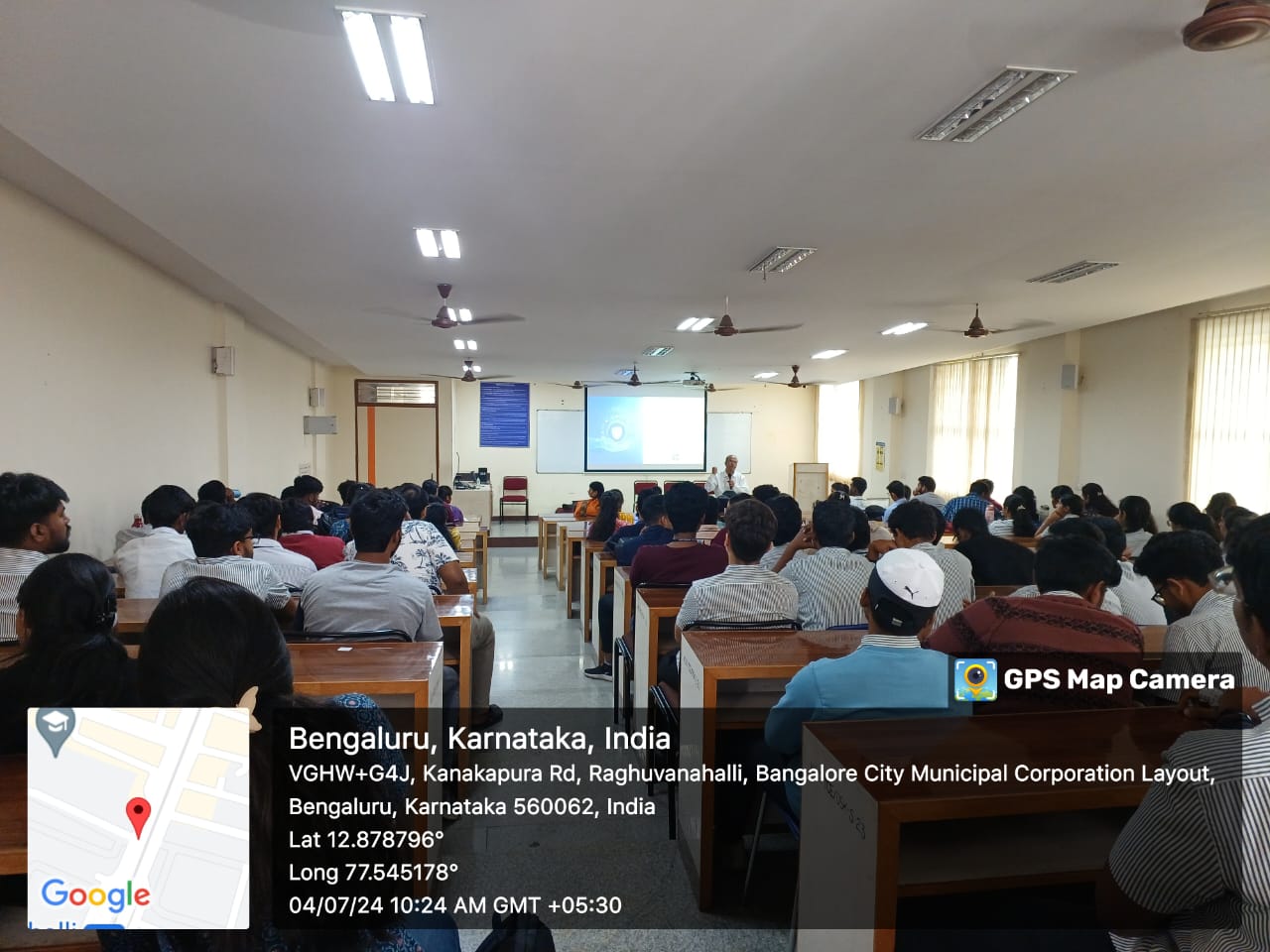
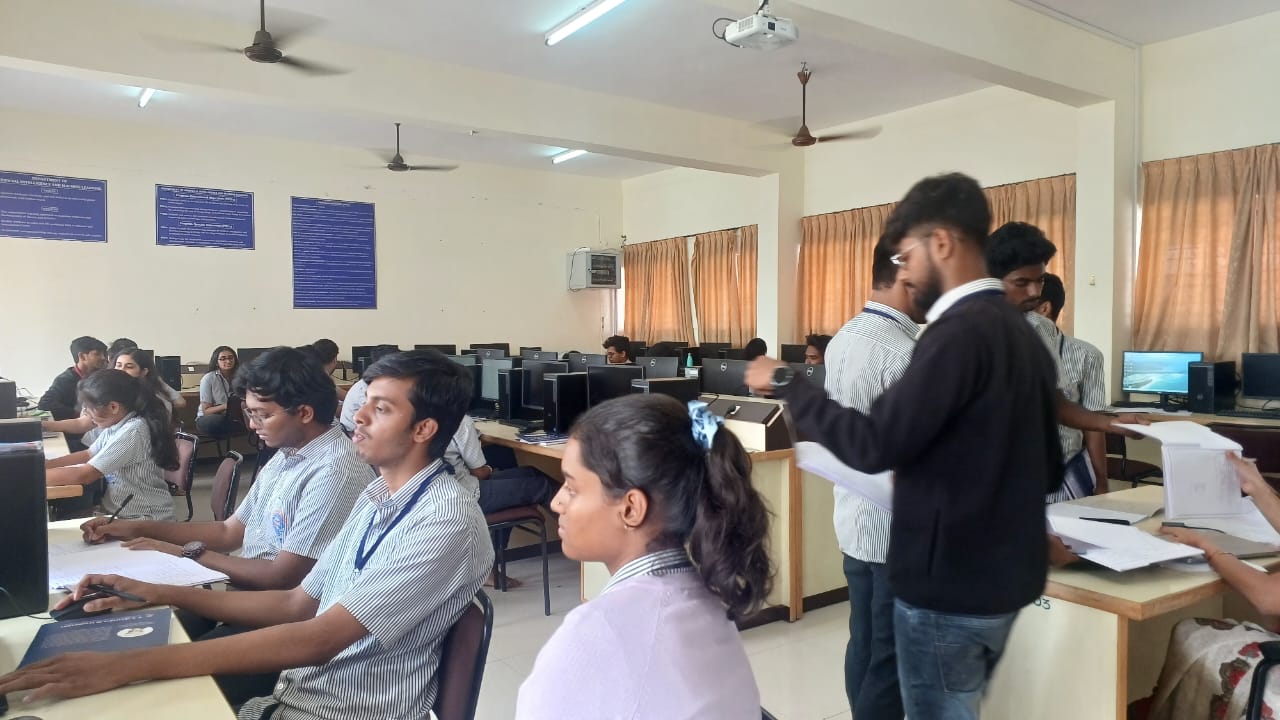
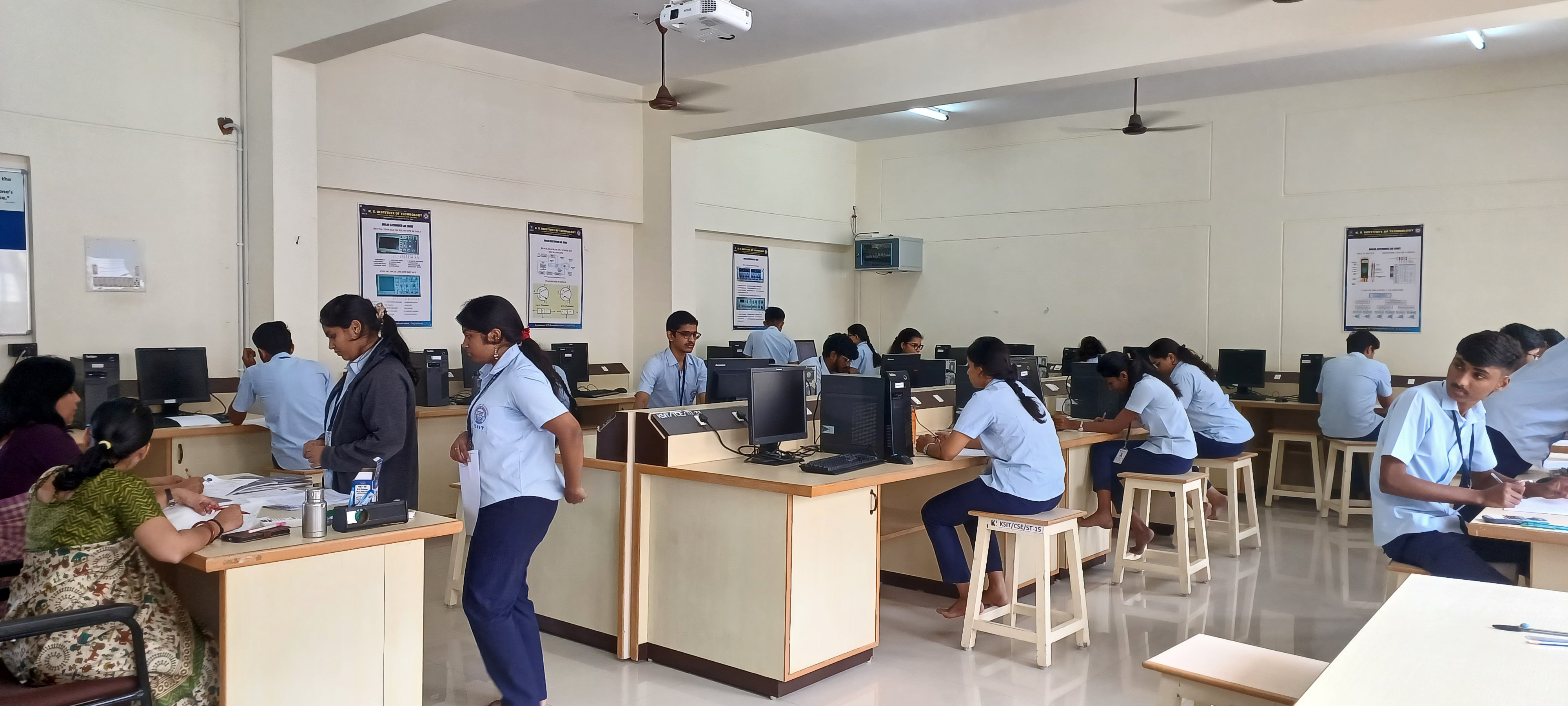
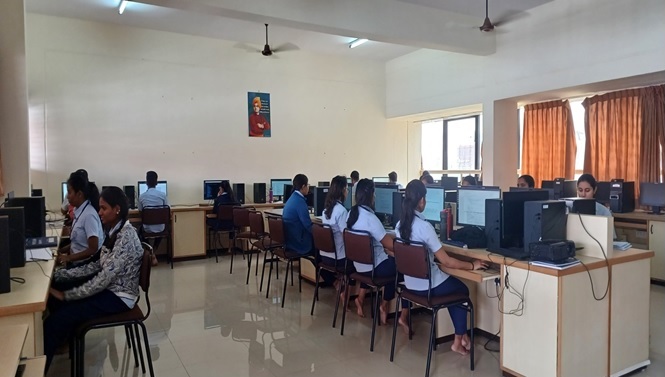
Libraries play a vital role in the development of any society by enhancing the cause of education and academic research. They cater to the information needs of thousands of people.
The department has its own library which has more than 500 text books and reference book catering to the needs of students as well as Teaching Staffs. The library preserves previous year's project, internship reports, journals; dissertation and seminar reports and the books contributed by Alumnis and these are available for students and staffs. Every year 50 to 100 books are being added to the stock. The students and Staffs borrow books from the library periodically. The department maintains separate register for borrowing books.
| Head First Ajax | 1 |
|---|---|
| Atomic Transactions | 1 |
| "Introduction to Distributed Algorithms" | 1 |
| Fundamental Algorithms | 1 |
| Introduction to Algorithms | 1 |
| Algorithm Design | 1 |
| Algorithms in a Nutshell | 1 |
| C++ Programming Language | 1 |
| "An Introduction to Programming through C++" | 1 |
| Machine Learning in Action | 1 |
| Practical C Programming | 1 |
| Oracle Database 10g High Availability with RAC, Flashback & Data Guard | 1 |
| C Programming FAQs Prequently Asked Questions | 1 |
| Practical C Programming | 1 |
| C Programming Language | 1 |
| Programming Using the C Language | 1 |
| Database Modelling & Design | 1 |
| Designing Effective Database Systems | 1 |
| Oracle Database 10g High Availability with RAC, Flashback & Data Guard | 1 |
| Data Mining | 1 |
| Data Mining | 1 |
| Data Structures & Program Design | 1 |
| Designing Interfaces | 1 |
| Distributed Systems | 1 |
| Head First EJB | 1 |
| EJB 3 In Action | 1 |
| Head First Java Script | 1 |
| Distributed Programming with Java | 1 |
| Machine Learning in Action | 1 |
| Machine Learning | 1 |
| Moving to the Cloud | 1 |
| Mobile Application Development | 1 |
| Practical Development Enviroments | 1 |
| Hands-on Machine Learning With Scikit-Learn & Tensorflow | 1 |
| ORACLE High-Performance Tuning with STARSPACK | 1 |
| Oracle Replication | 1 |
| Operating Systems | 1 |
| Probability & Statistics | 1 |
| Programming Perl | 1 |
| Effective Perl Programming | 1 |
| Introduction to Programming in Python | 1 |
| Mastering Regular Expressions | 1 |
| Statistics for Engineers and Scientists | 1 |
| Signals & Systems | 1 |
| Signaling System#7 | 1 |
| The Switch Book | 1 |
| The Unified Software Development Process | 1 |
| Tex & LATeX Drawing & Literate Programming | 1 |
| Windows Network Programming | 1 |
| Windows XP Personal Trainer | 1 |
| Unix Distributed Programming | 1 |
| 4.3BSD Unix Operating System | 1 |
| Mechanics of User Identification and Authentication | 1 |
| Oracle Database 10g Linux Administration | 1 |
| Performance of Concurrency Control Mechanisms in Centralized Database Systems | 1 |
| Essential CVS | 1 |
| Groundbreaking Inventions in Information and Communication Tecnology | 1 |
| TCP/ IP Iiiustrated Volume 3 | 1 |
| Twisted Network Programming Essentional | 1 |
| TCP/ IP Iiiustrated Volume 1 | 1 |
| SNMP, SNMPv2, SNMPv3, and RMON 1and 2 | 1 |
| Interconnections Second Edition | 1 |
| Layer 3 Switching | 1 |
| Softswitch Architeture for VoIP | 1 |
| 802.11 Wireless Networks | 1 |
| IPv6 Essentials | 1 |
| Distributed Systems and Network Management | 1 |
| Data Communications and Networking | 1 |
| Computer Networks | 1 |
| Introduction to Circuit Swiching | 1 |
| Networking Quality of Service and Windows Operating Systems | 1 |
| Inernet Performance Survival Guide | 1 |
| The 3G IP Multimedia Subsystem (IMS) | 1 |
| Differentiated Services for the internet | 1 |
| Policy- Based Networking | 1 |
| Supporting Service Level Agreements on IP Networks | 1 |
| Voice over IP fundamentals | 1 |
| Desining Quality of Service | 1 |
| Understanding Policy-Basesd Networking | 1 |
| SIP Security | 1 |
| Regular Expression Pocket Reference | 1 |
| Polya How To Solve It | 1 |
| Compendium of Projects Shortlisted for Motorola Scholar Awards | 1 |
| An Interview With? | 1 |
| Computer Networking | 1 |
| Fostering network trobleshooting skills among CS undergraduates | 1 |
| 802.11.Security | 1 |
| Elements of Discrete Mathematics | 1 |
| Object Oriented Programming with c++ | 1 |
| Information storage and management | 1 |
| Concurrency Control In Distributed Database Systems | 1 |
Placement Training will be provided to all semester students at the beginning of the semester.
Placement Drives will be arranged for final year students from August. Company Specific
Trainings will be arranged for final year students to grab more offers in their dream Companies.
Technical training sessions will be provided to Pre-final Year students.
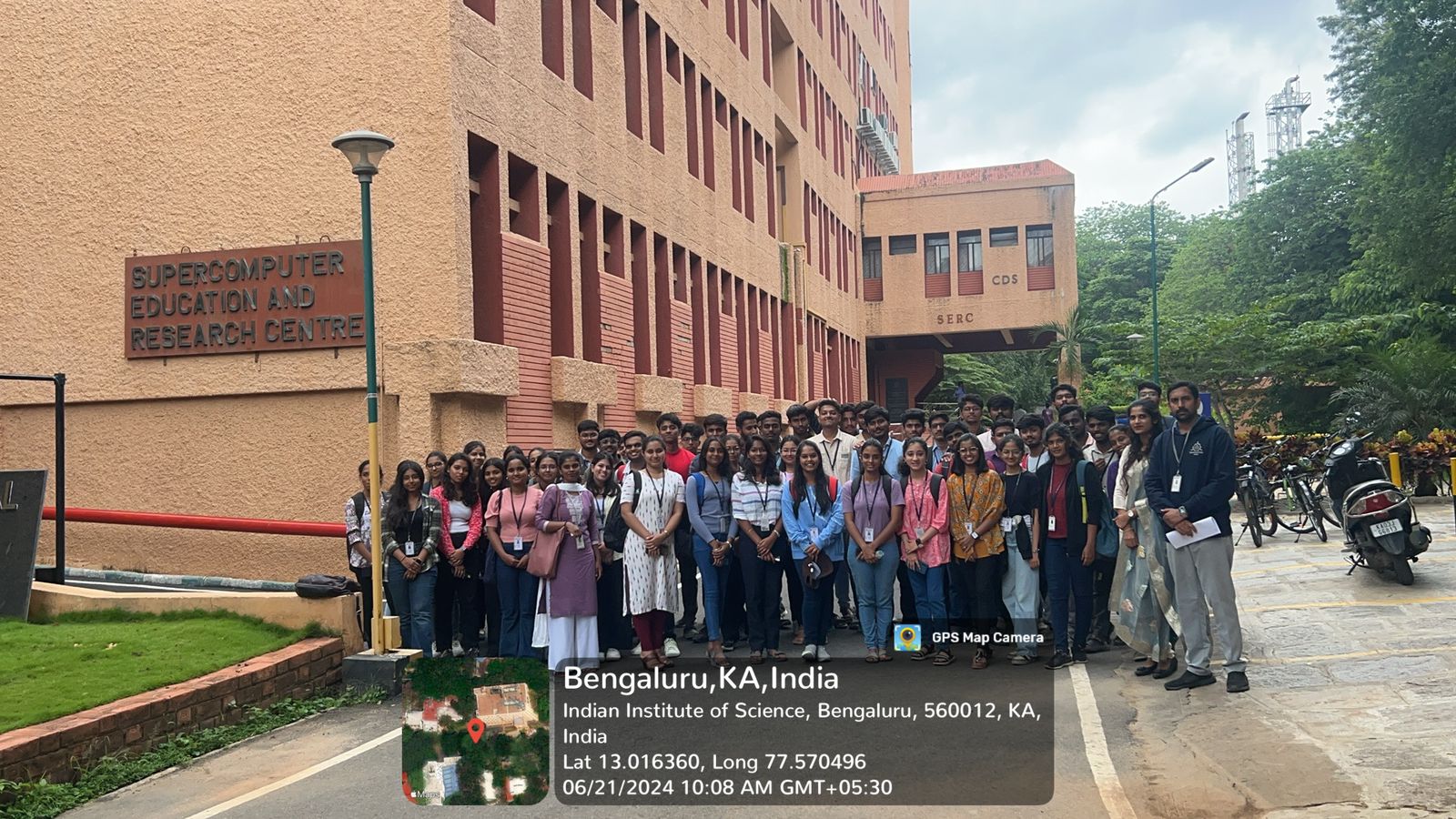
"SERC ~-as founded in 1989 as a bub for computational research. Smee then, they have grown in to a premier institution with a global rq,,uw:ion for excellence. SERC's research spans a ,vi.de range of disciplines, including computational physics, material science, bioinformatics, and artificial intelligence. SERC researchers harness the power of computation to tackle complex cbaUenges across various domains. Over the years, SERC has made significant contributions to scientific research. Researchers have published numerous papers in esteemed jownals, and their work has been recognized and cited by peers world\\ide. SERC offers academic programs tailored to equip students with essential computational skills. From advancc-d courses in high-performance computing to specialized workshops on data analytics, thcrr programs cater to diverse learning needs.. SERC researchers ha\Ye published groundbreaking work in top-tier journals, con.tnbuting to the advancement of computation.al research."
2024-06-21
View more"In order to explore sponsorship at various universities of foreign countries and preperations of exams"
2024-06-20
View more"World [P Day 2024 LS an opportunity to explore how mteUectual property (IP) encourages aod can amplify the innovative and creative solutions that arc so cructal to building our common future. Wodd IP Day emphas1.Ze5 the importance of a balanced IP system to recognize and reward inventors and creators for therr work and ensure that society benefits from their creativity and ingenuity. lP rights enable rcseacchers, inventors, businesses, designers. artists and others to legally protect their mnovattve and creative outputs and secure an economic return from them. "
2024-04-30
View moreThe faculty of AI & ML department attends various MOOCS and training programs on advanced topics, update their knowledge and skills, and gives additional inputs in the classes. Further, the faculty conducts various innovative teaching and learning activities inside and outside the classrooms to engage the students effectively and efficiently. The teaching and learning activities conducted by the faculty for the improvement of student learning includes:
The instructional materials and pedagogical activities are uploaded in Google drive and the associated links are made available on institutional website for student and faculty access.
Instructional Materials are made available for public access.
ICT TOOLS 2023-24 [view here]
Instructional Material 2023-24 [view here]
Instructional Material 2022-23 [view here]
2021 Scheme 4th Semester Materials [view here]
Instructional Material 2021-22 [view here]
2023-2024 scheme Laboratory Manual [view here]
2022 Scheme Laboratory Manual [view here]
2021 Scheme Laboratory Manua [view here]
2018 Scheme Laboratory Manua [view here]
Pedagogy is the method and practice of teaching an academic subject or theoretical concept. Pedagogical skills involve being able to convey knowledge and skills in ways that students can understand, remember and apply. Pedagogies involve a range of techniques, including whole-class and structured group work, guided learning and individual activity. Pedagogies focus on developing higher order thinking.
Pedagogy 2023-2024 [view here]
Pedagogy Report 2022-23 [view here]
pedagogy report 2022-2023 [view here]
Pedagogical Activities [view here]
The Peer review forms associated with pedagogical activities are made available for public access, peer review, critique and further development.
Pedagogy Review Form [view here]
The Memorandum of Understanding details modalities and general conditions regarding collaboration between the INDUSTRY and KSIT. Also facilititate for enhancing and encouraging students for interactions between the Industry Experts, Scientists, Research fellows and Faculty members for knowledge sharing with the following objectives :
Rubixe THINK AHEAD INNOVATIONS PVT. LTD [view here]
CHIRANTHANA with a tagline of EVERLASTING FOREVER is the name given to KSIT ALUMNI ASSOCIATION, with a motto of uniting all the alumni members under the umbrella of KSIT and growing together forever.KSIT alumni association was started in the year 2014.The association provides a platform to their alumni?s to share their knowledge & experience with the budding engineers through technical talks, seminars & workshops.
Department of Artificial Intelligence and Machine Learning of KSIT has various professional bodies. Many workshops, technical talks, Guest lectures are organized in association with this professional bodies. This gives opportunity to students to enhance their knowledge on cutting edge technologies.
ISTE Events [view here]
IEI Events [view here]
Festaholic [view here]
Aenfinity Club Event "Microcosmos" [view here]
Students are facilitated by providing list of companies /Industries, where they can undergo 4 weeks of Internship/ Professional practice. College takes initiative to organize in house internship by calling resource persons from industry. Student cumulates their learning in a report on their internship/ professional practice and gives a presentation in front of internship coordinator and the guide.
VIII SEM INTERNSHIP [view here]
OBJECT ORIENTED CONCEPTS C++ AND FOURTH GENERATION TECHNOLOGIES [view here]
OBJECT ORIENTED CONCEPTS C++ AND FOURTH GENERATION TECHNOLOGIES [view here]
OBJECT ORIENTED CONCEPTS C++ AND FOURTH GENERATION TECHNOLOGIES [view here]
VIII SEM PROJECT [view here]
VIII Project [view here]
VII SEM PROJECT REPORT [view here]
AI AND ML APPLICATIONS DEVELOPMENT LABORATORY(18AIL76) [view here]
MOBILE APPLICATION DEVELOPMENT LABORATORY [view here]
Digital Image Processing Laboratory Mini Project Report [view here]
DBMS Mini Project Report [view here]
The department strives to offer a great source of practical knowledge to students by exposing them to real working environment through Industrial visits. Regularly Industrial visits are arranged to organizations like Indian Space Research Organization, Karnataka State Load Dispatch Centre, All India Radio. Visits are arranged for students to view project exhibitions Organized by Indian Institute of Science, Visvesvaraya Industrial and Technological Museum, EMMA-Expo 2014 and so on. Also visits are arranged to places like HAL Heritage Centre and Aerospace Museum.
The department conducts the project exhibition in the even semester of every academic year. Students are encouraged to present their projects and mini projects to the invited guests and evaluators. The best innovative projects are selected and are awarded.
Lorem ipsum dolor sit amet, consectetur adipiscing elit. Fusce semper, magna a ultricies volutpat, mi eros viverra massa, vitae consequat nisi justo in tortor. Proin accumsan felis ac felis dapibus, non iaculis mi varius.
Social Activities